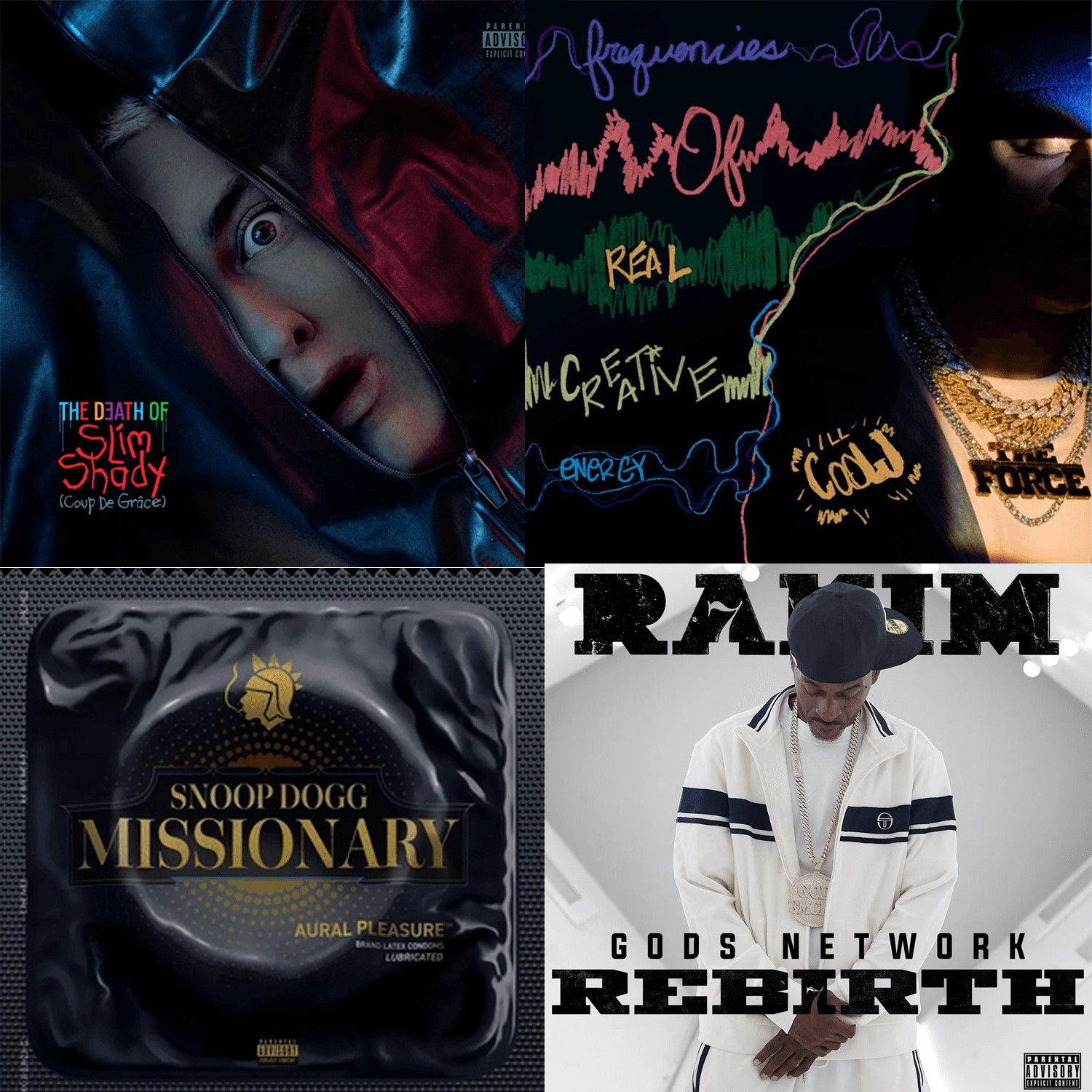Tuesday, November 26, 2024
Music Business
Share
Drake Sues UMG Over Kendrick Lamar Track
Drake Sues Universal Music Group Over Kendrick Lamar’s They Not Like Us: The Battle for Fair Play in Streaming
In a lawsuit that could reshape the music industry’s landscape, Drake has accused Universal Music Group (UMG) of unethical practices to inflate the streaming success of Kendrick Lamar’s They Not Like Us. The suit alleges that UMG employed bots, paid for playlist placements, and manipulated algorithms to favor the track—raising serious questions about fairness in the digital music era.
This case offers valuable insights for artists, producers, managers, and label owners navigating the complex world of streaming, and it underscores the importance of transparency and ethical practices in the music business.
The Feud and the Track That Sparked It All
Drake and Kendrick Lamar have had a simmering rivalry for over a decade. The release of They Not Like Us earlier this year, widely seen as a jab at Drake, reignited the tension. The track broke streaming records, topped the Billboard charts, and dominated playlists globally.
However, Drake alleges the success wasn’t purely organic. His lawsuit claims UMG leveraged underhanded tactics to elevate They Not Like Us at the expense of competing tracks—including his own.
The Allegations: What Drake Claims Happened
Drake’s legal team has outlined a series of accusations against UMG:
1. Bot-Driven Stream Manipulation
The lawsuit alleges that UMG deployed bots to artificially inflate the play count for They Not Like Us, giving the impression of widespread popularity. Stream numbers are critical for chart positions, playlist rankings, and public perception, making this a potentially game-changing claim.
2. Pay-for-Play Tactics
UMG is accused of securing premium playlist placements for the track through undisclosed payments. This raises ethical questions about the transparency of playlist promotions and the impact on artists competing for visibility.
3. Algorithm Bias
Drake alleges that streaming platforms’ recommendation systems were tweaked to push They Not Like Us to users—even when they weren’t searching for it. Notably, Siri users reported a glitch where asking for Drake’s Certified Lover Boy led to They Not Like Us being played, due to a lyric that mocks Drake’s album title with the phrase “certified pedophile.”
Universal Music Group Responds
UMG has denied the accusations, releasing a strong statement:
"Universal Music Group operates with the highest standards of integrity. The people choose the music they like, and They Not Like Us is no exception—it resonated with audiences around the globe."
This defense highlights a key industry question: how much of a song’s success is driven by organic fan interest versus label-driven promotion?
Why This Matters to the Industry
This lawsuit is about more than just Drake and Kendrick Lamar—it challenges the foundational principles of streaming-era success. For artists, producers, managers, and label owners, it raises critical concerns about fair competition, ethical marketing, and transparency in a rapidly evolving landscape.
Implications for Artists and Labels
Transparency in Streaming
If the allegations hold, it could lead to stricter oversight of streaming metrics, ensuring play counts reflect genuine listener activity.
Playlist Integrity
Pay-for-play allegations could spark calls for greater transparency in how tracks are selected for premium playlists.
Algorithm Accountability
Streaming platforms like Spotify may face increased scrutiny over how their algorithms shape user behavior and promote tracks.
Leveling the Playing Field
The case could push for reforms that ensure emerging artists and independent labels aren’t overshadowed by manipulation from major players.
Lessons for Music Professionals
For those working in the music industry, this case is a wake-up call. Whether you’re an artist building your career, a producer crafting the next hit, or a label owner managing releases, understanding the dynamics of digital promotion is crucial.
Key Takeaways:
Educate Yourself on Streaming Metrics
Ensure your streams are coming from authentic listeners to maintain credibility.Invest in Ethical Marketing
Focus on building organic engagement rather than relying on shortcuts that could backfire.Advocate for Transparency
Push platforms and partners to adopt clear, fair practices for playlists and algorithmic recommendations.Prepare for Industry Change
As this lawsuit unfolds, anticipate potential shifts in how streaming success is measured and marketed.
The Bigger Picture: Art vs. Algorithms
Drake’s lawsuit highlights a broader issue plaguing the music industry: the tension between artistry and the algorithm-driven nature of modern success. In an era where streaming numbers often dictate an artist’s visibility, the integrity of those metrics is crucial.
For independent artists, producers, and labels, this case underscores the importance of focusing on authentic engagement and ethical practices. As the music industry evolves, ensuring a fair and transparent system is not just necessary—it’s essential for fostering creativity and long-term growth.
Whether this lawsuit results in industry-wide change or becomes another chapter in the Drake vs. Kendrick Lamar saga, it has already sparked an important conversation about fairness, competition, and the true measure of success in the digital age.





